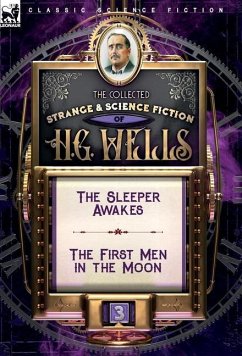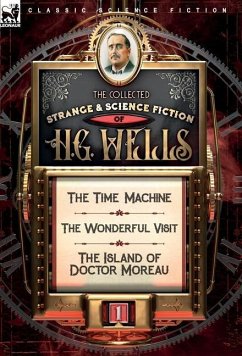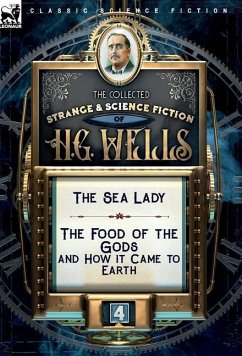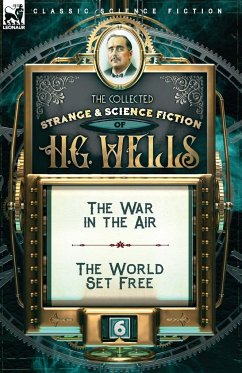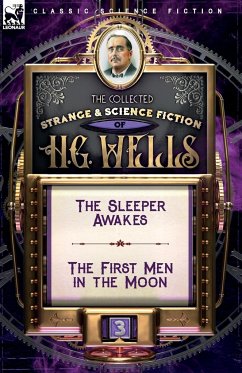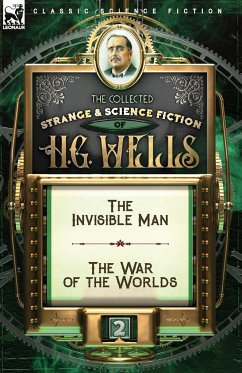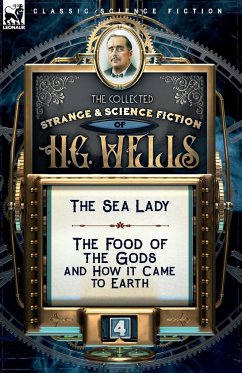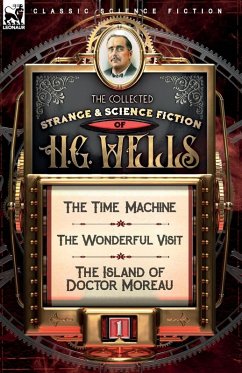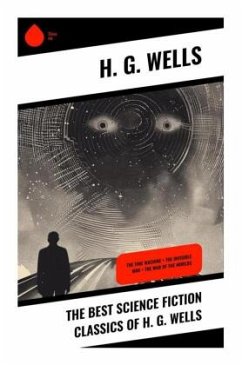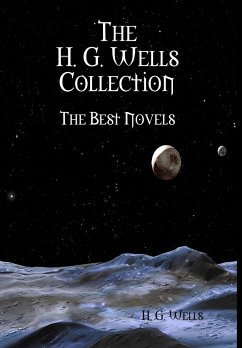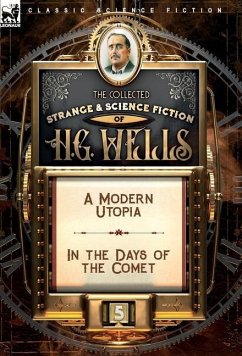
The Collected Strange & Science Fiction of H. G. Wells
Volume 5-A Modern Utopia & In the Days of the Comet
Versandkostenfrei!
Versandfertig in über 4 Wochen
34,99 €
inkl. MwSt.

PAYBACK Punkte
17 °P sammeln!
Volume 5-A Modern Utopia & In the Days of the Comet For those who know anything of the most outstanding British authors of the late 19th and early 20th centuries, the name of Herbert George Wells (1866-1946) needs little introduction, for he wrote on many subjects. He is principally remembered as one of the 'Fathers of Science Fiction' and this six volume Leonaur collection focuses upon his writing in that genre-from the strange to the fantastical and scientifically prophetic-with which he will forever be associated. These wonderful and dramatic stories have been gathered together in these att...
Volume 5-A Modern Utopia & In the Days of the Comet For those who know anything of the most outstanding British authors of the late 19th and early 20th centuries, the name of Herbert George Wells (1866-1946) needs little introduction, for he wrote on many subjects. He is principally remembered as one of the 'Fathers of Science Fiction' and this six volume Leonaur collection focuses upon his writing in that genre-from the strange to the fantastical and scientifically prophetic-with which he will forever be associated. These wonderful and dramatic stories have been gathered together in these attractive, good value volumes in chronological order of original publication. In 'A Modern Utopia' (1905) two adventurers travel to a planet 'out beyond Sirius' to experience a society in which their own doubles exist. 'In the days of the Comet' (1906) a bizarre green comet enters the Earth's atmosphere releasing a soporific fog. Upon awakening humankind has been forever changed promoting a healthy, contented and peaceful society. Leonaur editions are newly typeset and are not facsimiles; each title is available in softcover and hardback with dustjacket.



